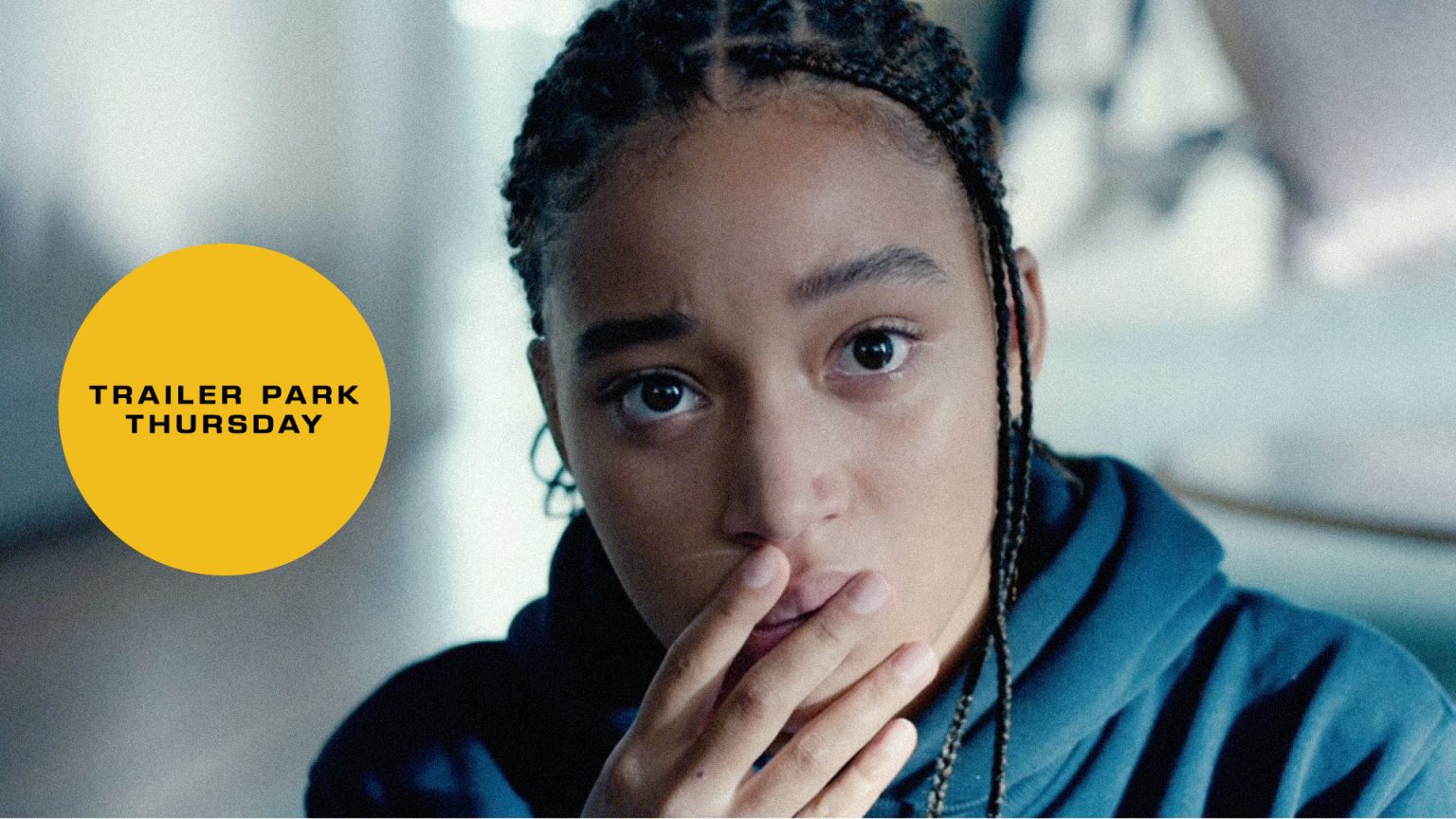In Little Miss Sunshine, Steve Carell stunned us with his display of dignified despair, and as recently as in last year’s Last Flag Flying, he’s balanced comedy and tragedy like only a few actors (like Robin Williams and Jim Carrey) can. Now as Mike Hogancamp, a showroom builder who incurs severe memory loss and brain damage after a brutal assault, Carrell seems to be at his most benign and salt-of-the-earth yet:
Now if you’re anything like us, watching Hereditary left you with what may well be a permanent, reflexive fear of miniatures, dollhouses, or scale models of any kind. The most important thing to know about Welcome to Marwen is that Hogancamp’s figurines and their accouterments are in fact the platonic opposites of Hereditary‘s potent, portentous tableaux! The second most important thing to know is that Hogancamp’s story has already been told, in his own words, by way of the 2010 documentary Marwencol. In it, we meet Hogancamp and see the actual one-sixth scale town he constructed as a staging ground for his recovery—because buying the supplies, basing the toys off of neighbors and friends, and staging them in epic configurations for photographs that bring imagined stories to life was cheaper than therapy, apparently, and that concept is about a one-sixth scale understatement of how broken the health care system is. But we digress.
The nonfiction film’s low-fi and gritty quality seems to re-affirm the harmless object-hood of the (actual) action figures and dolls, but the slick CGI creations in Welcome to Marwen, by contrast, seem to be from the absurd part of the uncanny valley rather than the scary part. While we’re always overjoyed to see Janelle Monáe, even she is not enough to convince us that the choices made in this big-budget re-telling aren’t risky propositions. After all, Hogancamp’s creations exist as photos, not stop-motion animation, and the magic isn’t in the objects; it’s in Hogancamp himself. With all due respect to Zemeckis: To suggest otherwise, even in a roundabout way, feels a little like robbing a man who has already been robbed of so much. We’ll know for sure when it is released on November 21, 2018. Whether or not our misgivings are well-founded, we’re glad the documentary exists, if only to make for a fascinating supplement to this Steve Carell vehicle.
If Welcome to Marwen is about how a violent tragedy can be transcended through the power of art and human connection, then The Hate U Give is a movie about how violent tragedy can radicalize us. With this role, Gen-Z gay icon Amandla Stenberg has emerged from the dystopian future — aka The Hunger Games— and landed squarely in the dystopian present.
The first half of the trailer is basically a lesson in cultural code-switching as we see Stenberg (playing the protagonist and narrator Starr) literally change from hoodie to sweater vest, juggling life in a predominantly black neighborhood with education at a posh, majority-white private school. The last half of the trailer, however, is a montage of protest, tension, fire, raised fists, and riot cops—images that are as familiar to us now as the dressing-room montages of 80s teen movies were then. In fact, the fulcrum on which The Hate U Give turns from a racially conscious, but still relatively low-risk coming-of-age story into an urgent, disturbing parable is a tragedy that bears no small resemblance to the shooting of Antwon Rose II in Pittsburgh just one week ago.
The Hate U Give is based on a novel of the same name by author Angie Thomas, who herself was catalyzed into writing in the aftermath of the shooting of Oscar Grant at Fruitvale Station in 2009. This makes it the second movie, after Ryan Coogler’s aptly-named Fruitvale Station, inspired by Grant’s death at the hands of BART police on New Year’s Day. When you think about how many have died under similar circumstances since then, The Hate U Give takes on a symbolic weight that significantly belies its YA trappings. That it also centers around a black, femme perspective makes it all the more important—in many ways, Starr and A Wrinkle in Time’s Meg Murray are two sides of the same “black girl magic” coin, or maybe more accurately, two very different messengers delivering very similar messages: One through elaborate flights of fancy, and one through social commentary so raw that it nearly bleeds through the screen.
By the way, “The Hate U Give” is a reference to Tupac Shakur, who said, “The hate u give little infants f***s everybody,” which for being said in 1994 sure feels like a 2018 state of mind. It’s likely that in the months and even years to come we’ll see no dearth of movies addressing and processing the trauma that continues to touch us all (some more than others) and, fingers crossed, keep providing roadmaps toward whatever healing we can hope to achieve in its wake.
Watch Now: Marwencol, a documentary about the real Mike Hogancamp, now on Fandor.




